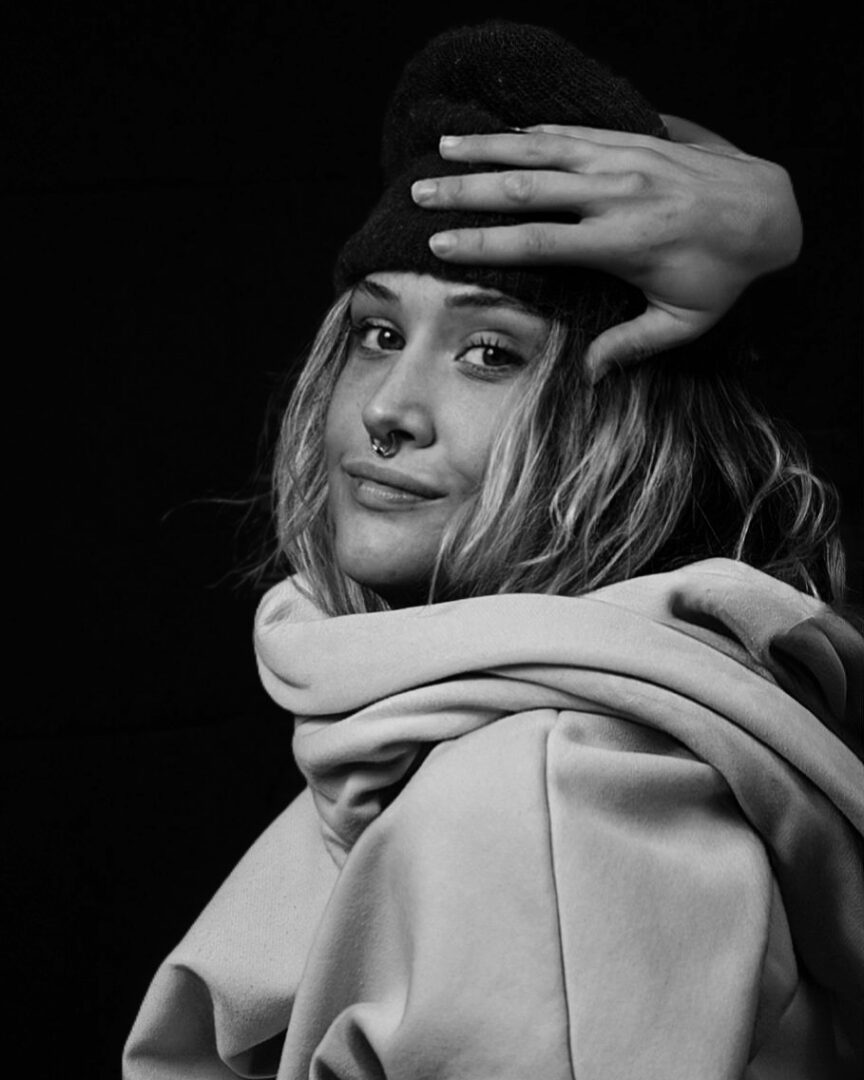We were lucky to catch up with Alyssa Maurer recently and have shared our conversation below.
Alyssa, we’re thrilled to have you sharing your thoughts and lessons with our community. So, for folks who are at a stage in their life or career where they are trying to be more resilient, can you share where you get your resilience from?
Years and years of overcoming adversity, failure, and disappointment is the ingredient list for resilience. Along with these experiences is the patina of embarrassment turned to willpower that fosters growth. In my eyes, I view failure as a net positive character developing experience. I wouldn’t have experienced healing from my eating disorder unless I got sent home by my host family from my foreign exchange trip; cutting a year abroad dramatically short. My jokes on stage and in interpersonal relationships wouldn’t be strong unless I got up on stage and bombed repeatedly.
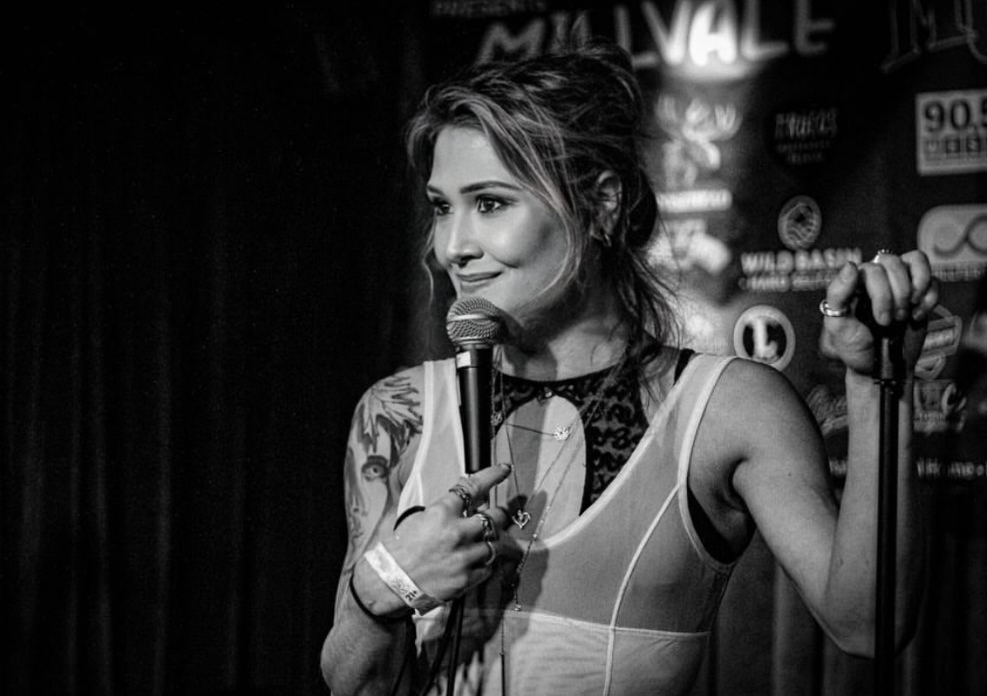
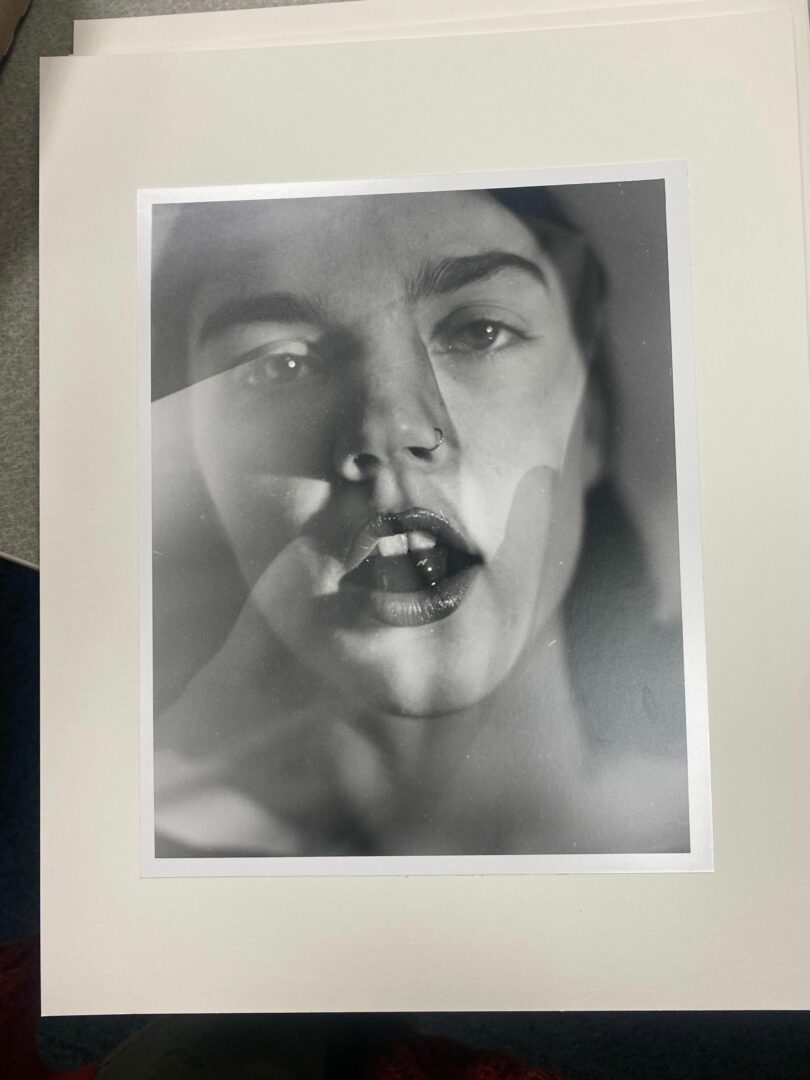
Thanks for sharing that. So, before we get any further into our conversation, can you tell our readers a bit about yourself and what you’re working on?
I’m a “Transexual Jack of all Trades”. Perhaps, I’m a Jill running up a hill with a bucket full of curiosity and remnants from each endeavor pursued. I gave my parents a lot of grey hairs while growing up; holding my breathe until I last out, running away, and always on the cusp of trying something new good or bad. I had originally started with the idea of going to business school in Pittsburgh. It was a “safe” degree and being from a small, rural town, I was told not to be overly ambitious. “They will eat you up”, said some high school friends. Competitive as I am, I took that as a challenge upon arrival for my first semester in college. My business interests then rapidly transformed into a love for art and culture in many facets and forms. I pursued a degree in photography while putting myself through college bartending. I then, went on to pursue graduate studies in Cincinnati. The most validating experiences, for me, have been the ones where I was challenged to my limits and humbled by repeatedly failing until I got it right. My thesis didn’t become interesting until I had exhausted a variety of concepts. I began teaching while also learning to do stand-up comedy. Turns out, Bombing on stage is not only humbling, but motivation to get better for public speaking. After enough bombs, I got better and so did the teaching/public speaking and I could stand in front of people without getting sick to my stomach or rattling like a frigid doe. At present, I’m a freelance writer, photographer, bartender, professor, comic, and I sell numerous things online for residual income. I do consulting work on occasion for private design companies and enjoy collaborative efforts resulting in efficient solutions. I haven’t had a gallery show since Covid, but I have participated in group exhibitions and comedy showcases; with the goal to eventually put on a solo exhibition soon. I’m returning to academia as a student of welding in the spring and continue to nurture my curiosities as they have never lead me astray. With as much of my life being public though, my art and closest family remain private because if you can live a majority of life without an audience, then you can be more authentic to yourself.
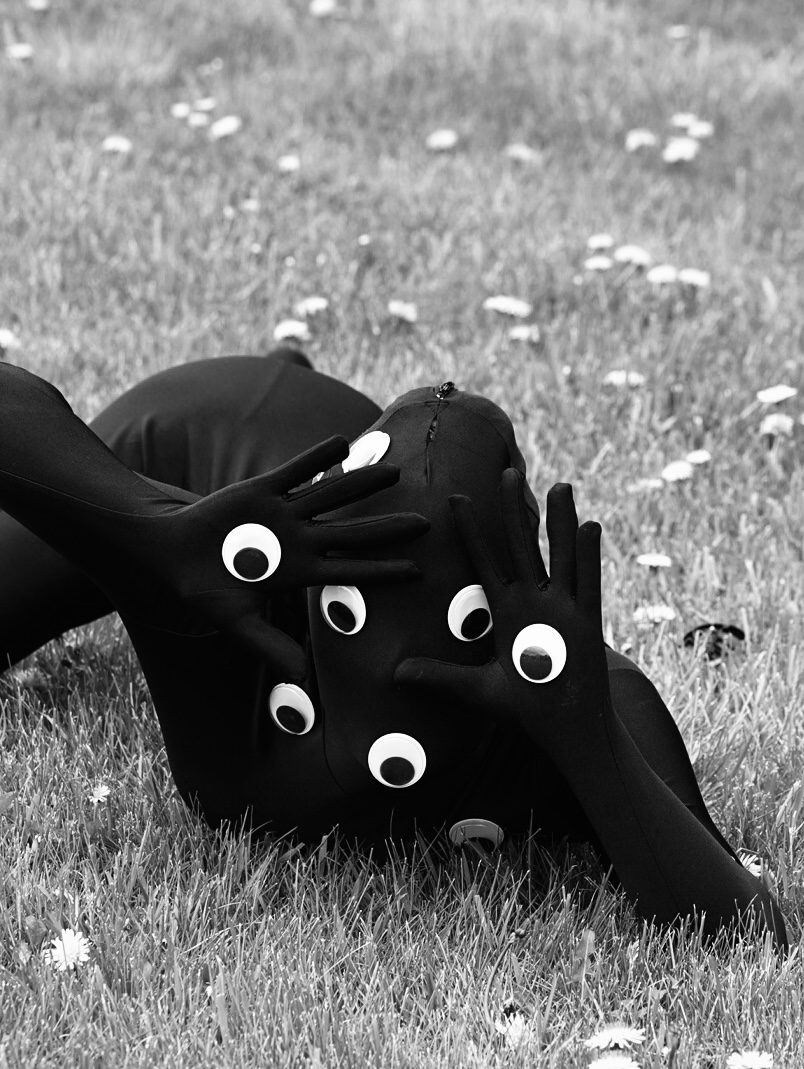
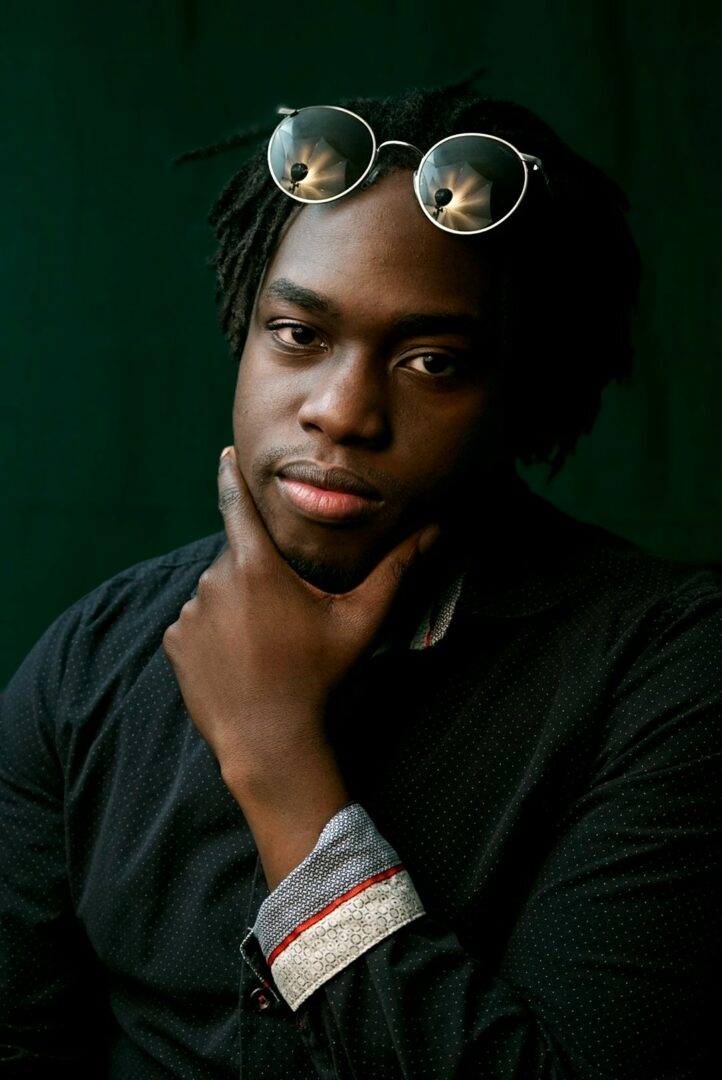
Looking back, what do you think were the three qualities, skills, or areas of knowledge that were most impactful in your journey? What advice do you have for folks who are early in their journey in terms of how they can best develop or improve on these?
The most impactful lessons along this ride have been (bonus two)
1. Failure is a stepping stone to something better or a humbling moment to be fascinated with the failure itself.
2. Keep your FILDI (f@ck it let’s do it) strong and when it is not, give it a rest.
3. Success is shared as is its celebration.
4. You don’t need everything or “the best” to start at something. Even dull pencils still leave marks.
5. Even the smallest acts of kindness can have an impact.

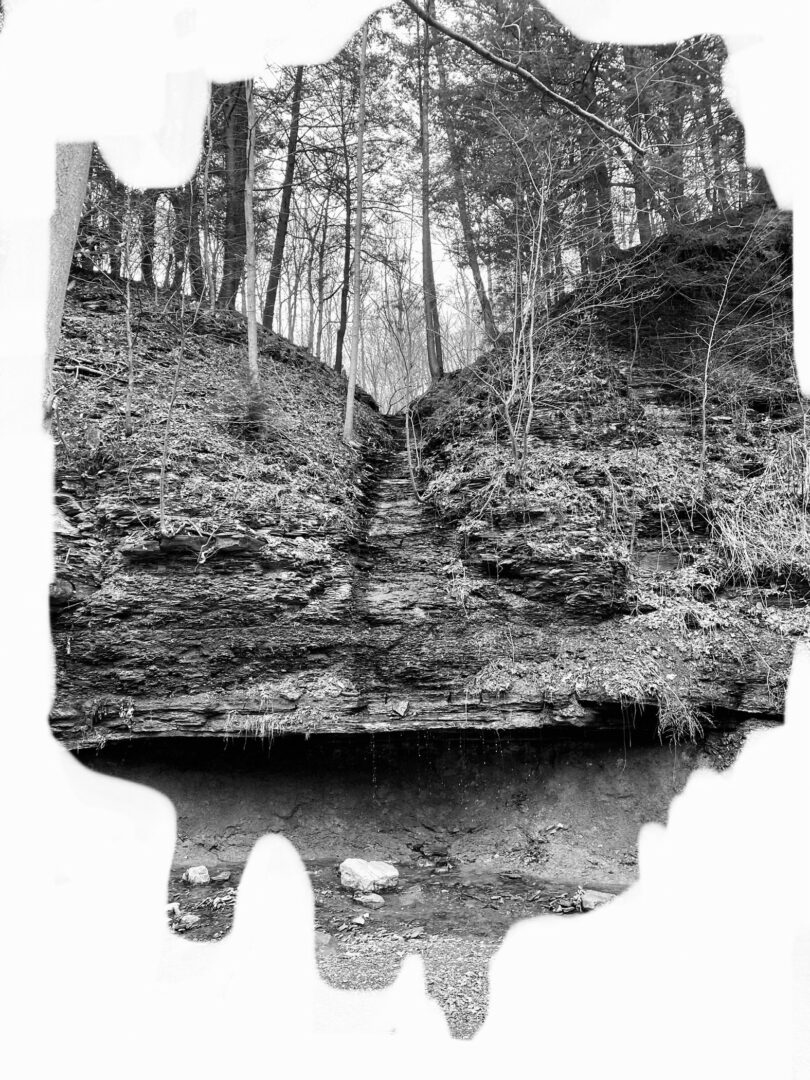
What would you advise – going all in on your strengths or investing on areas where you aren’t as strong to be more well-rounded?
I think improving in the areas you aren’t as strong in is the best approach at first. That , in itself, requires clairvoyance and self-reflection which are depreciating skills we need to revisit perpetually. Then, using those skills to their fullest capacity when cultivated alongside strongest suits is the best practice in my opinion to become well rounded. I approach lacking efficacy this way because in order to be good at anything, you must continually practice before maximizing effort and acknowledge weakness as opportunity for growth. Otherwise, you risk plateauing in a specific area with too much arrogance to build a hill s When I think about this question, I’m reminded of the challenge the race horse, Secretariat, faced at Belmont Stakes in 1973. Secretariat was impeccable in sprint races, but had never run a distance track of this magnitude prior to the event. To my knowledge, hey practiced his endurance for the race through repeated distance running intertwined with short-lengthen speed sprints. Mastery of both his strengths and his weaknesses resulted in one of most astonishing victories in horse racing to date.
Contact Info:
- Instagram: https://www.instagram.com/alyssamaurerphoto/profilecard/?igsh=MXUyazNka3hvdTVmNw==
- Other: https://linktr.ee/alyssaarts
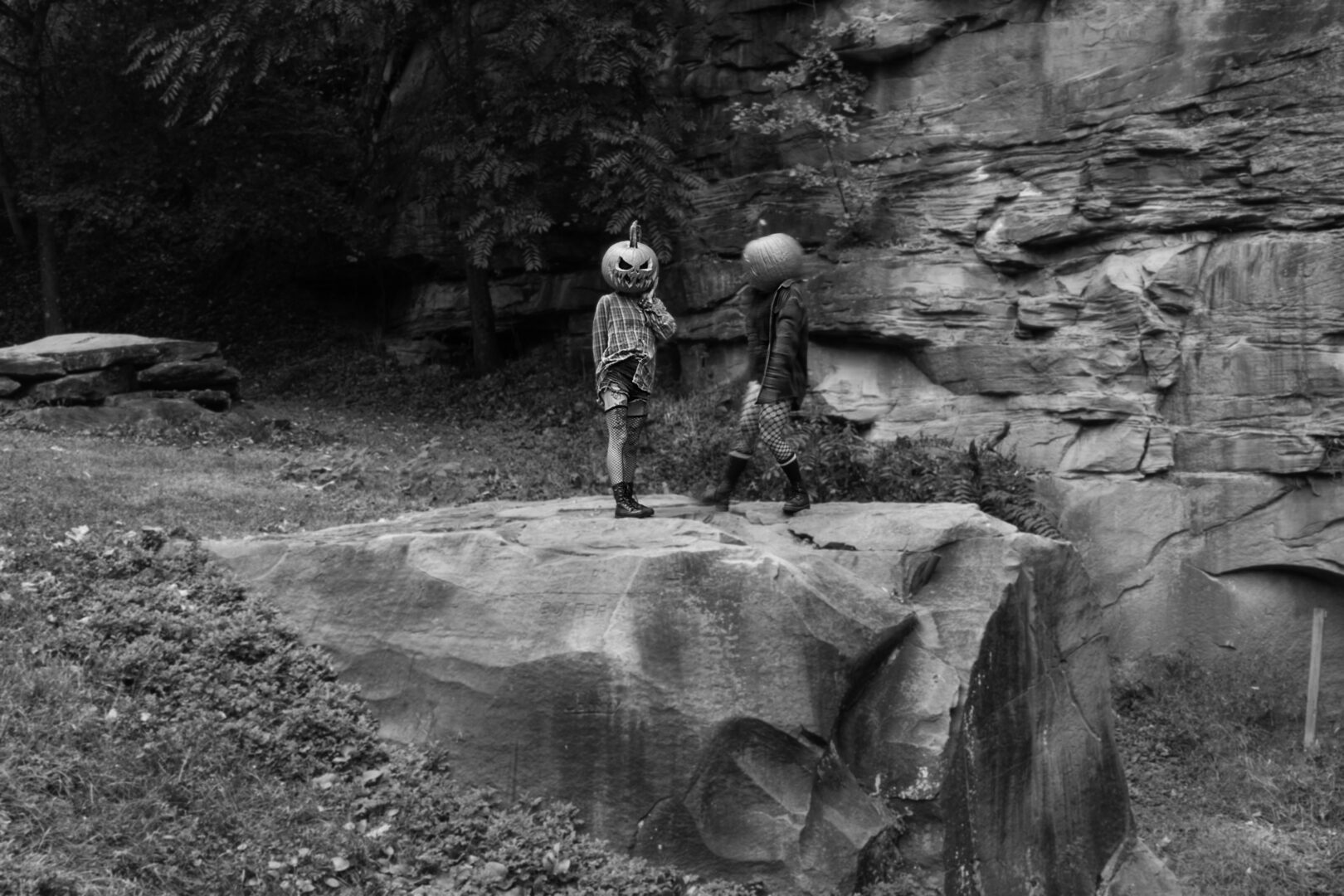
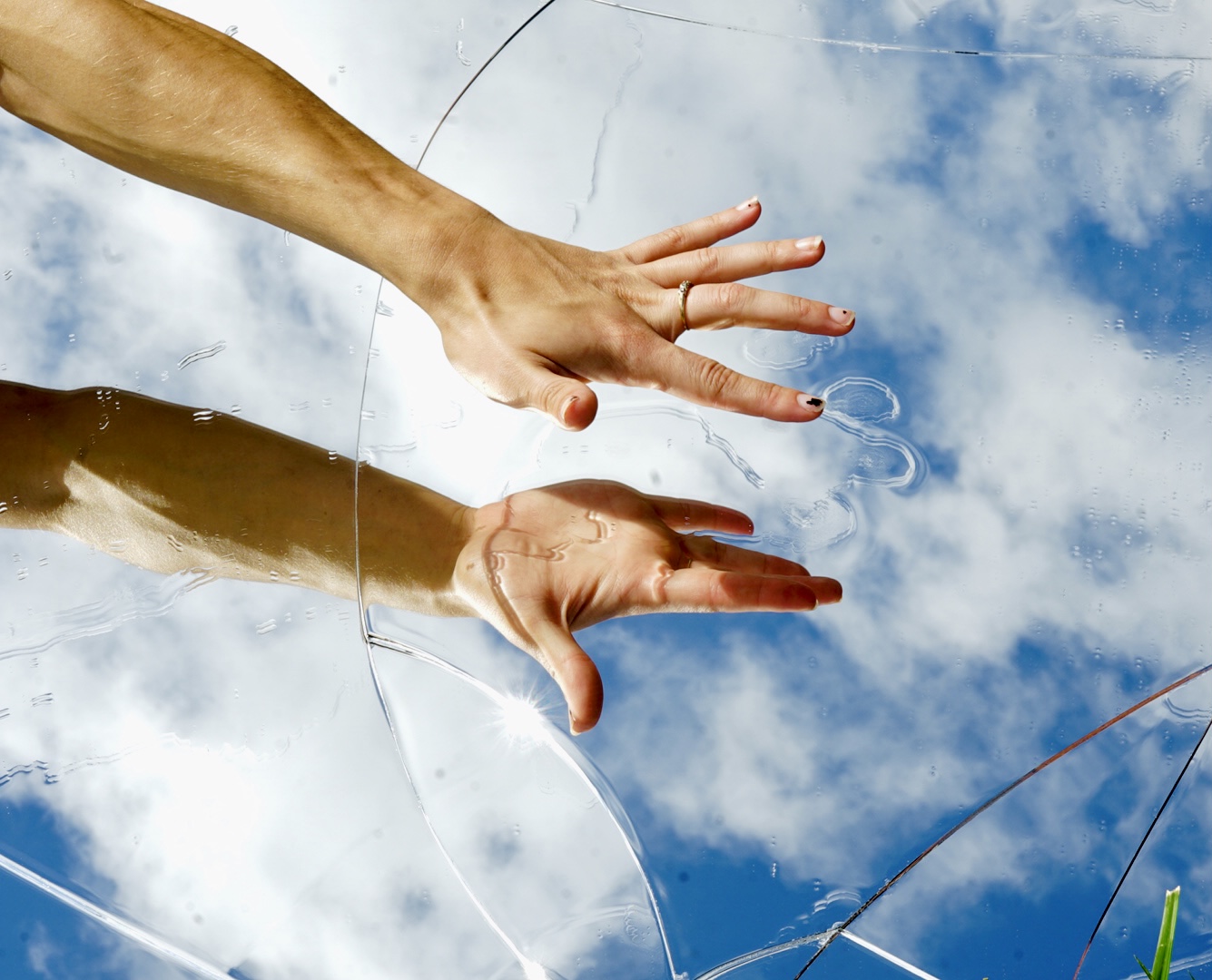
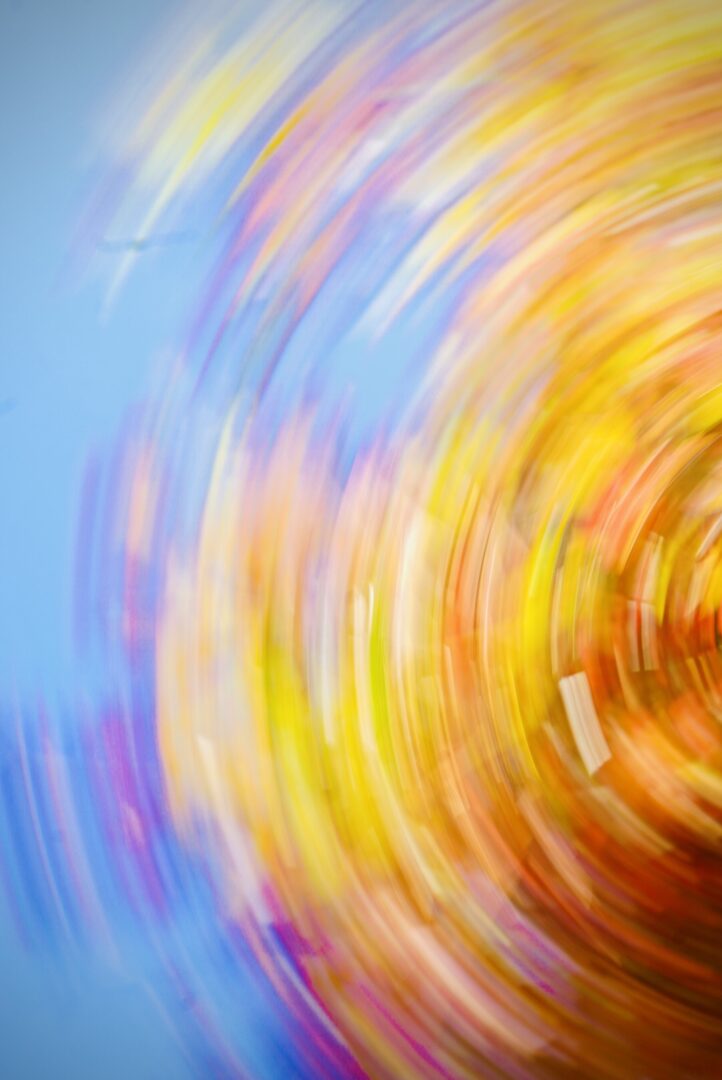
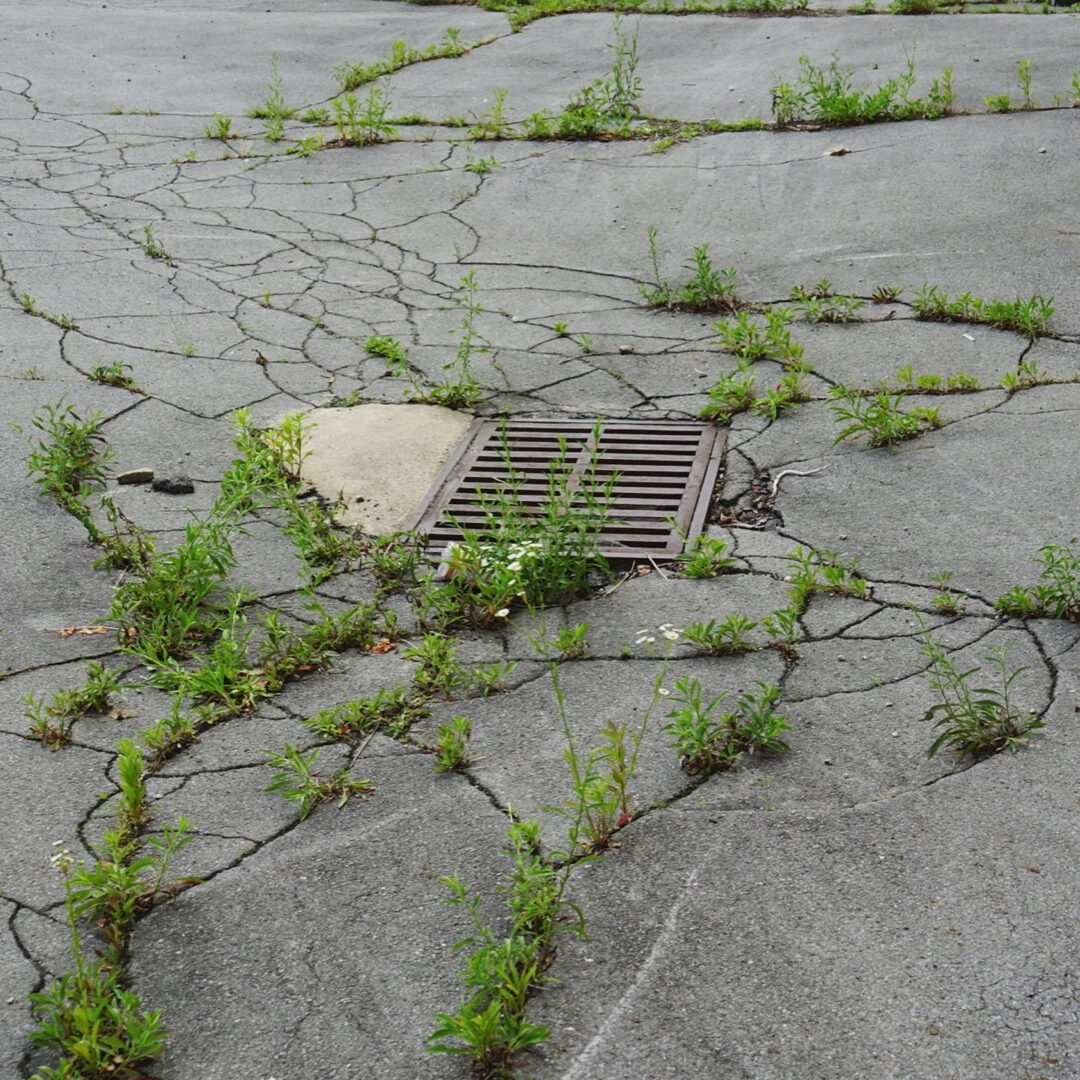
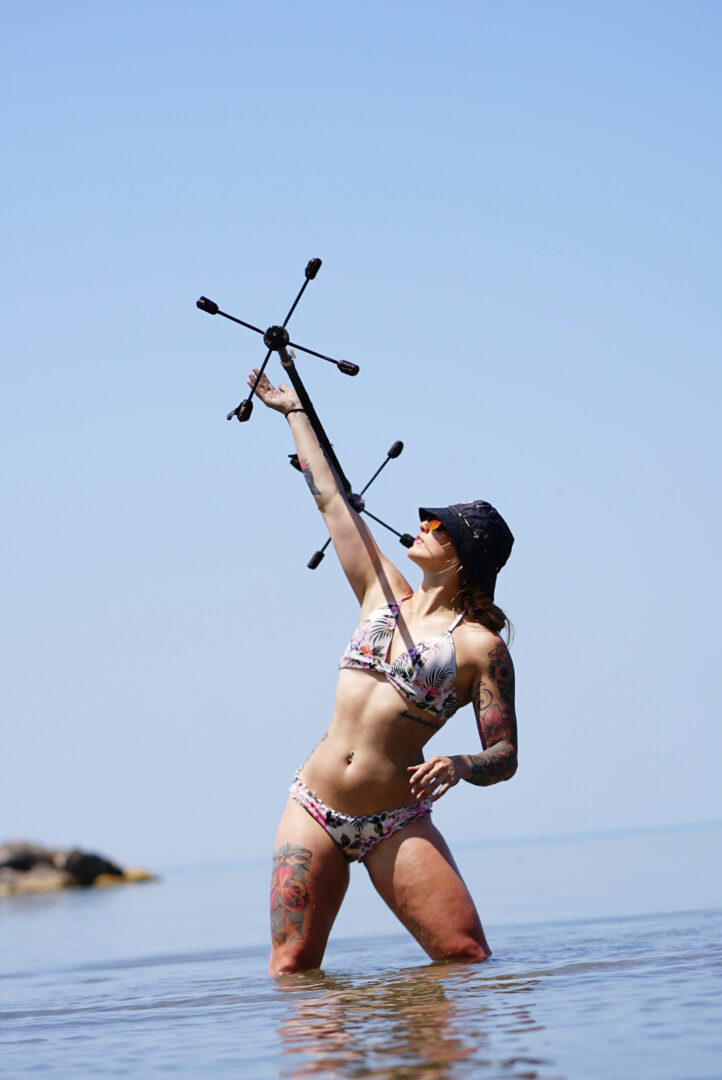
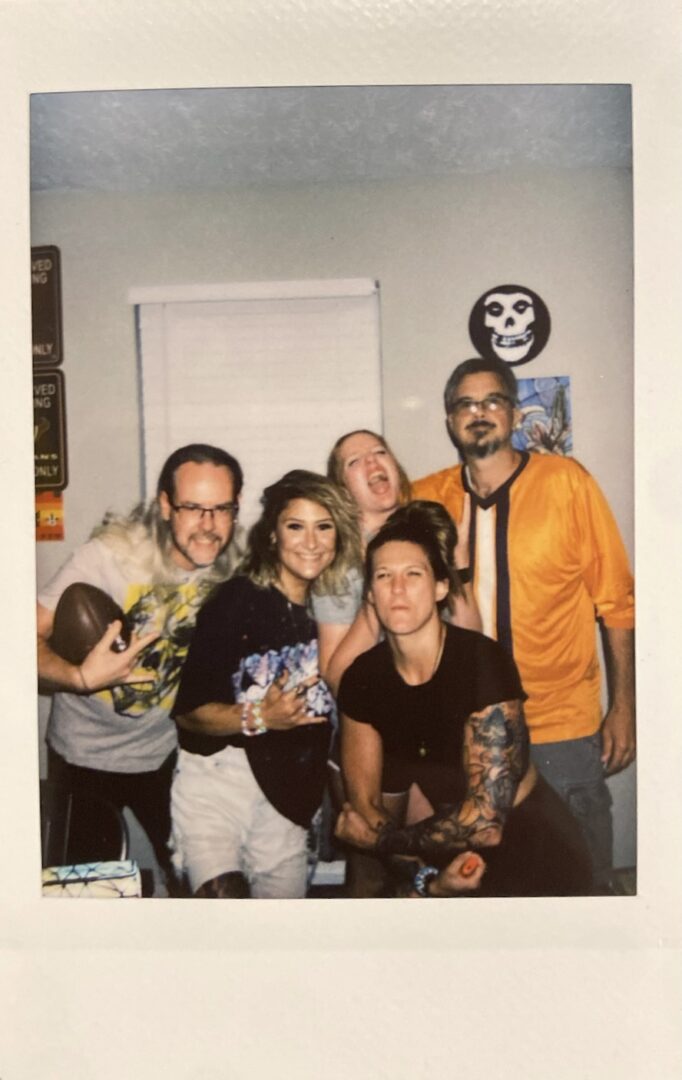
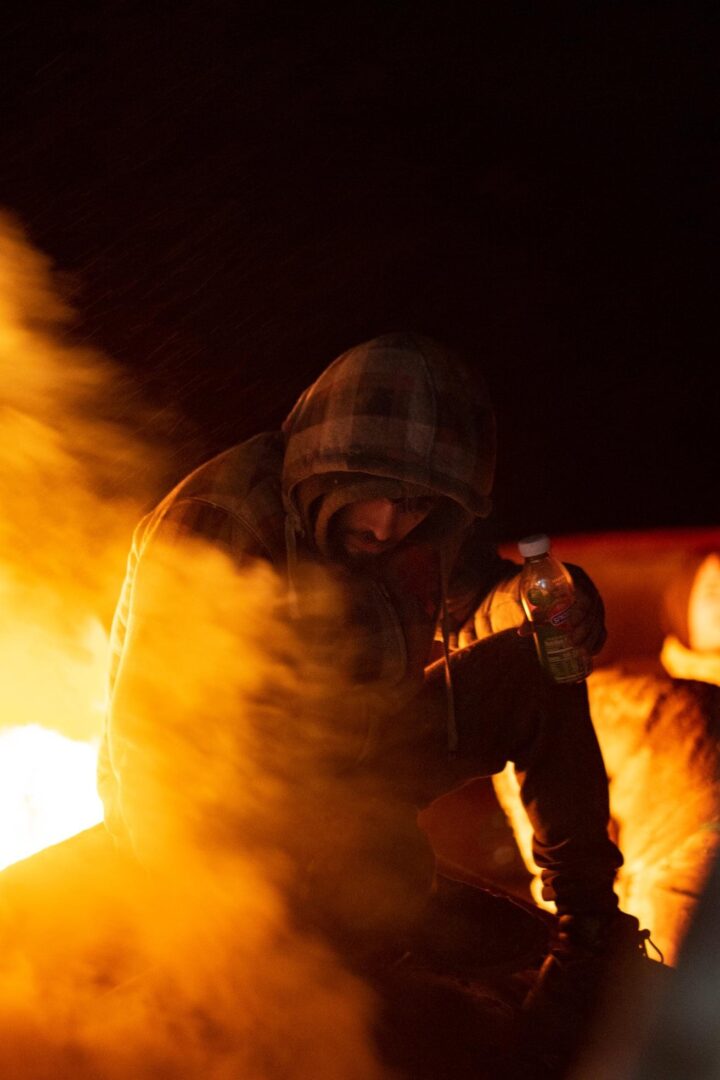
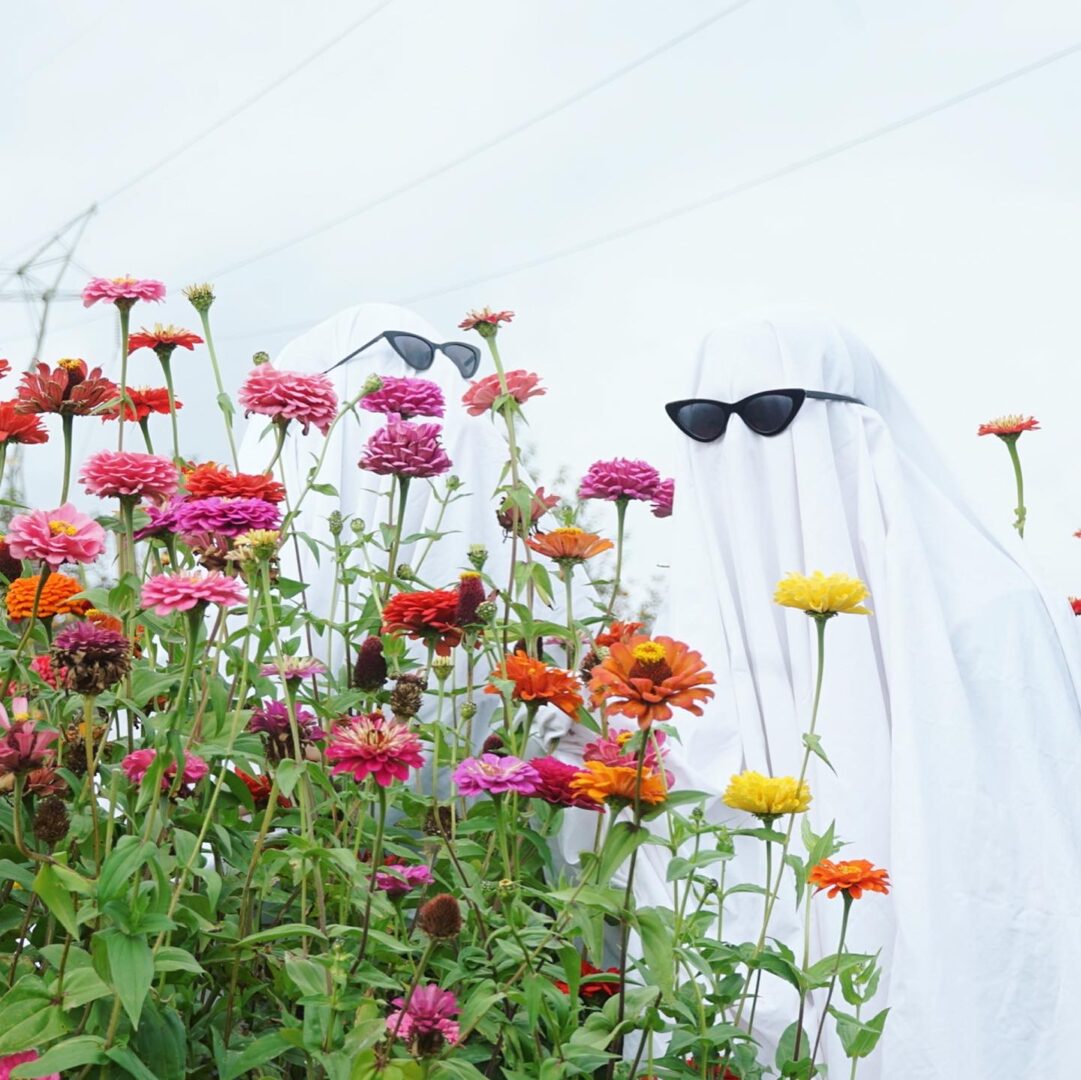
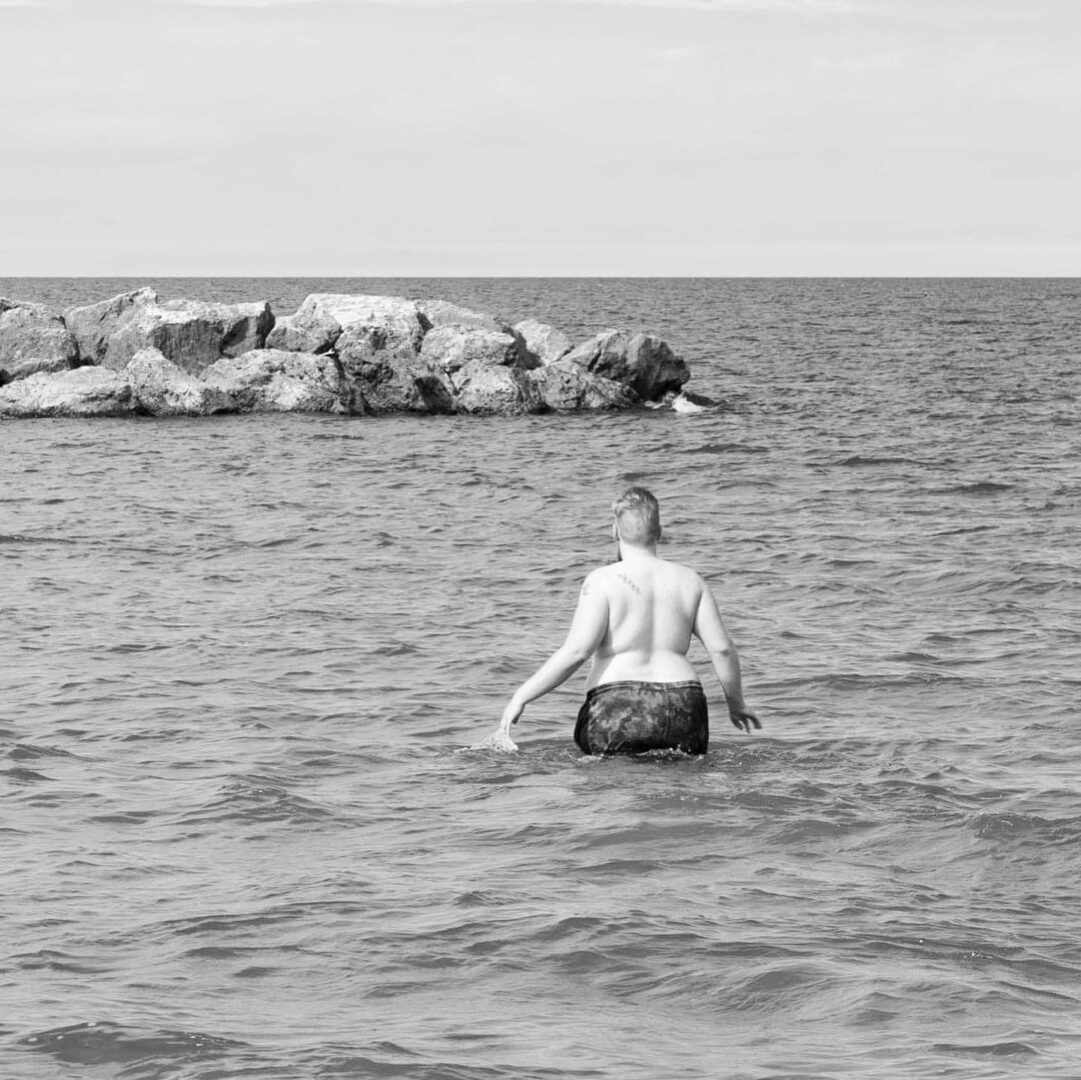
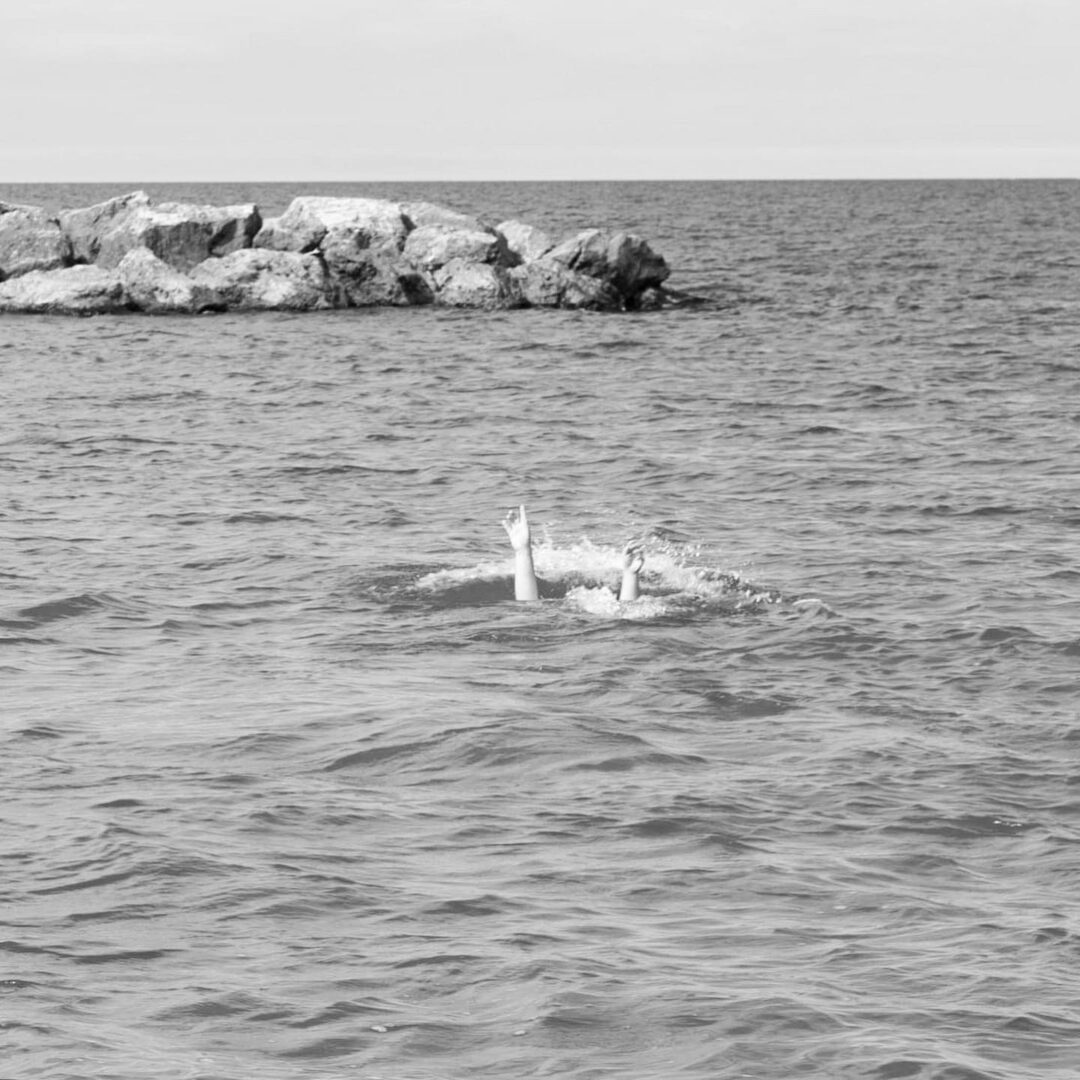
Image Credits
Alyssa Maurer
so if you or someone you know deserves recognition please let us know here.

